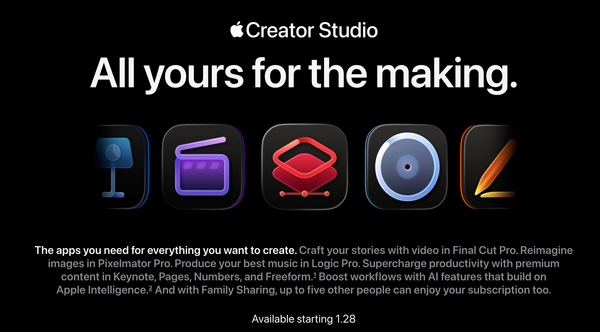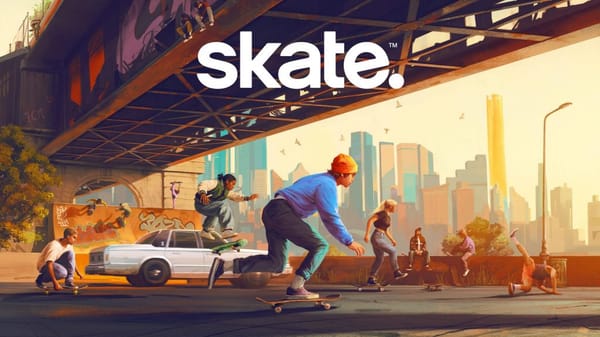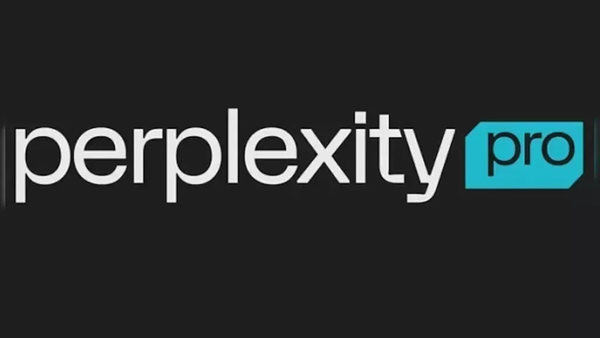Top Open-Source Alternatives to Spotify, Netflix, and Google Photos for Complete Digital Ownership 2025
This article spotlights recent discoveries: standout solutions and compelling open-source alternatives to popular subscription services.
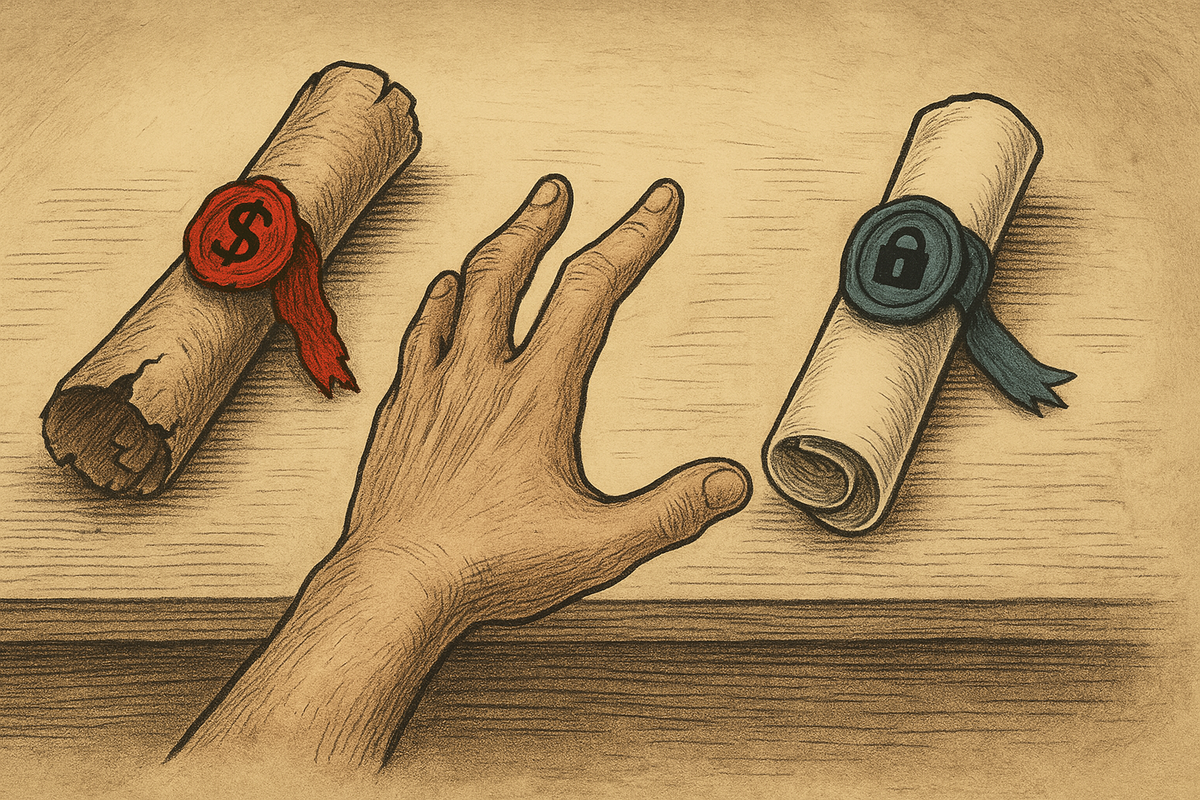
This is the 2.5 iteration of my ongoing exploration into digital ownership and subscription models, building on my previous pieces:
- Ownership Is Back: Why Self-Hosting Is Winning the War on Subscriptions
- Subscription Schemes and Buy Now, Pay Later: A History of Extraction Disguised as Service.
This article tracks my entry into the open-source community and catalogs the standout alternatives I’ve discovered, some recommended, others unearthed through trial and error.
Let's start with the most practical one, Immich a Google photos alternative that allows you to host all your images & videos locally with seemingly very little setup.
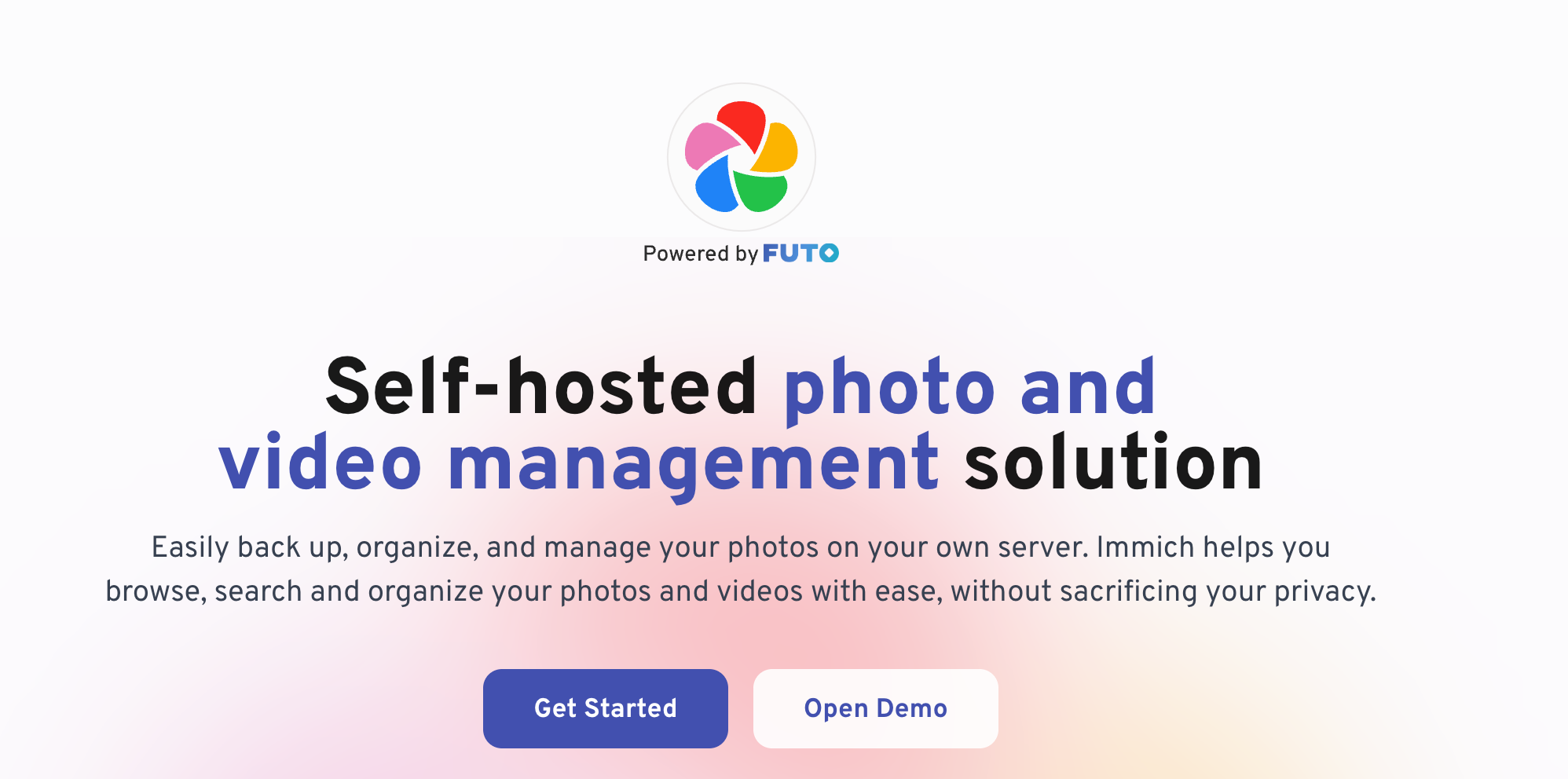
Immich is a free, open-source alternative to Google Photos that lets you host your own photo and video library on your own hardware. It comes with a polished mobile app (available on iOS, Android, and F-Droid) and a web interface, so you can back up, browse, and manage your media from anywhere.
If you’re comfortable with basic server setup and Docker, getting Immich running is pretty straightforward: spin up a server, follow the quick-start guide, and you’re in business.
Once set up, you can access your library remotely, share with others, and keep full control over your data. There’s no paywall or subscription, just a donation option if you want to support the project. For anyone tired of handing their memories to big tech, Immich is a rock-solid, privacy-first solution.
Next up is Jellyfin, it's a powerhouse media management system that covers both video and music. I use it as my personal Netflix replacement, and it delivers free, open-source, and refreshingly straightforward to set up.
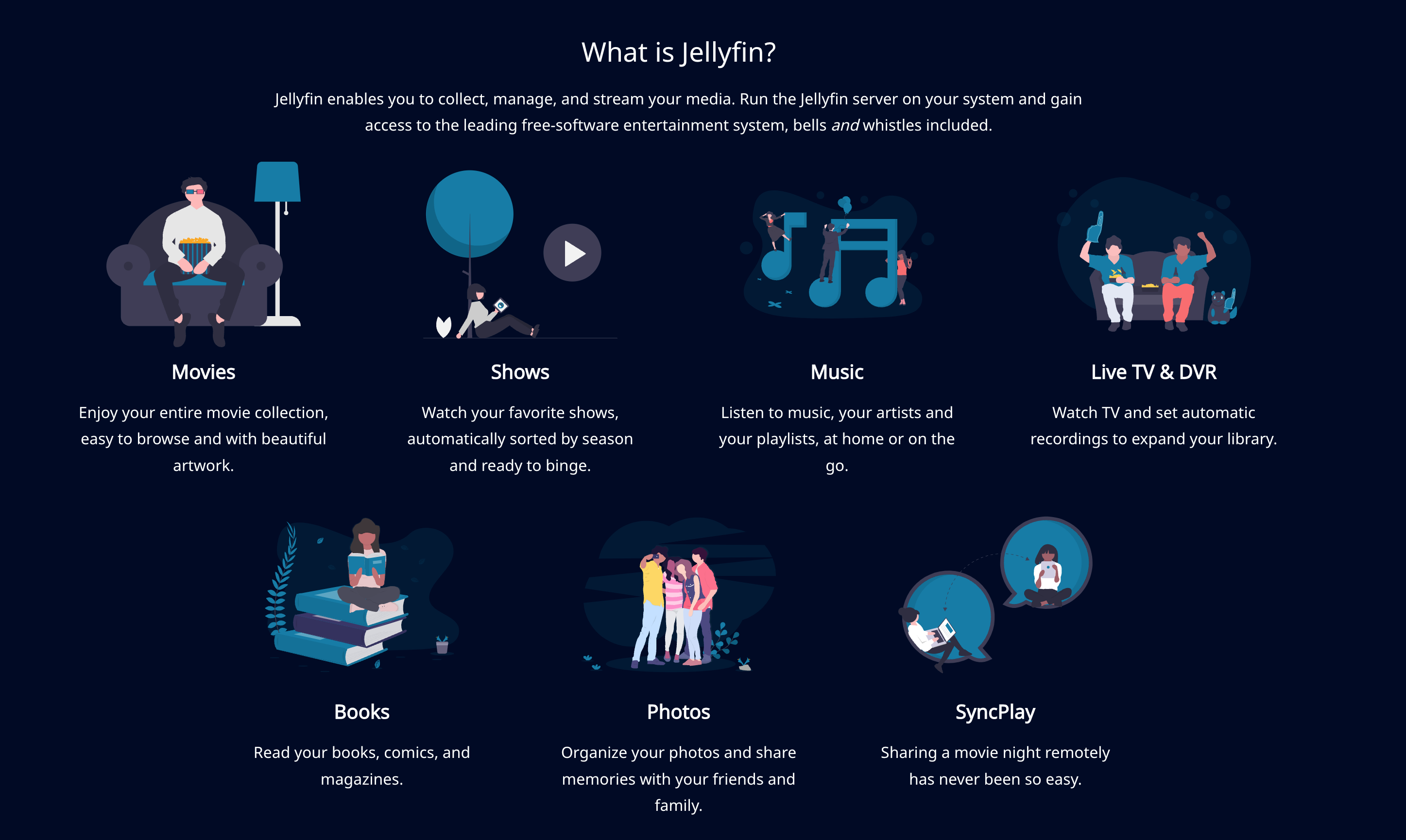
Jellyfin lets you take direct ownership of your library: rip a CD, grab an MP4 or MP3, and you’re streaming your collection in minutes.
The level of customization and control outpaces anything the commercial platforms offer. You decide how your library is organized, what features to enable, and how you want to access your content at home or remotely.
No subscriptions, no hidden fees, just the upfront cost of your media. It’s a clear win for anyone who wants a feature-rich, private alternative to the mainstream streaming ecosystem.
Jellyfin does require a bit more initial setup, but once it’s running, it’s smooth sailing. The documentation is extensive and the community support is active, so troubleshooting rarely turns into a headache. If you want to dive deeper or need help, the official docs are a solid starting point: Jellyfin Documentation.
Dawarich sits in a unique middle ground. While it offers a subscription for hosted convenience, what stands out is the self-hosted option, remarkably easy to set up and a genuine step toward reclaiming control over your data. This isn’t just about sidestepping another subscription, but rather more leaning towards opting out of Google’s surveillance ecosystem and taking back ownership of your movement history.
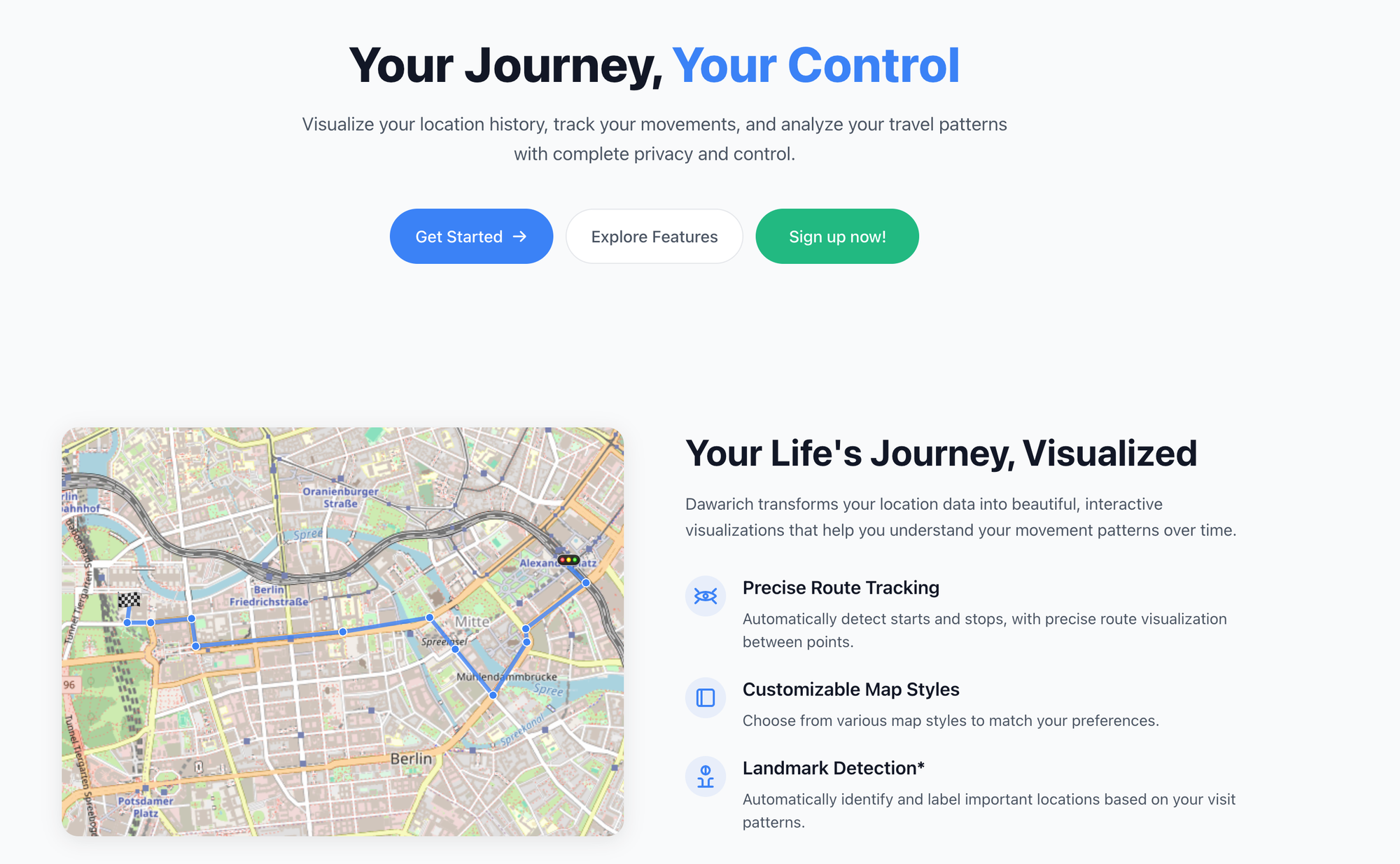
The process starts with a tool that deserves far more attention than it gets: Google Takeout. With it, you can export all of your Google Date including your entire Google Maps timeline history years of location data, all yours to keep.
Dawarich then steps in as the platform to visualize, analyze, and preserve that history on your terms. The self-hosted setup is straightforward, putting your journeys, patterns, and statistics into your own hands, not locked behind a corporate paywall.
Whether you choose Dawarich’s hosted service or go the self-hosted route, the core value is the same: full ownership, complete privacy, and the freedom to opt out of Google without losing your digital history.
If you want to see what that looks like in practice, start with Dawarich and see how much more empowered you feel when your data is finally yours.
